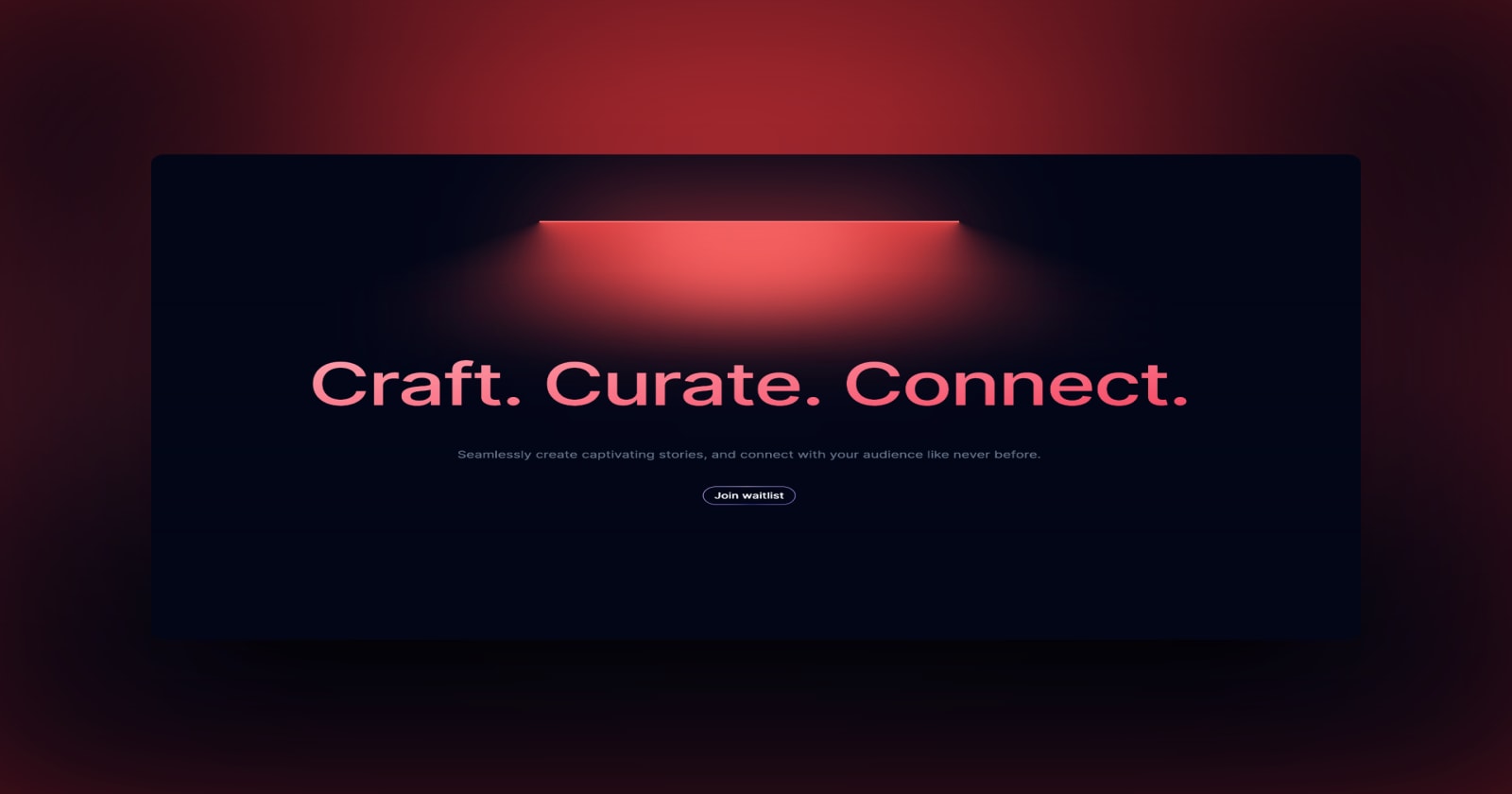
Two new react frameworks that were recently released (2021)
React is one of the biggest JavaScript libraries. Many react frameworks like NextJs, GatsbyJs, etc., popped in, since. So, in this blog, I will give an introduction to two new react frameworks launched recently.
Let's get started
1. Refine
Refine - A react-based framework launched in september, 2021.
🚀 We've just launched refine!
— refine (@refine_dev) September 22, 2021
Visit https://t.co/RztxOxmHgj for demo project, tutorial, documents and live code examples. pic.twitter.com/XtnTv4cfSO
As mentioned in their docs refine gives so many out-of-the-box functionalities for routing, networking, authentication, state management, internationalization, and UI(Ant design).

With Refine:
- You have full control over UI.
- It supports so many REST and GraphQL databases like NestJs CRUD, Airtable, Strapi, Strapi GraphQL, Supabase, Hasura, and Altogic.
- It makes your codebase significantly smaller, by eliminating redundant code such as reducers, actions, and unit tests.
- It uses hooks as a default way of interacting with components.
It can mainly be used for applications that need to process large volumes of data like admin panels, dashboards, etc.
2. Hydrogen
The second framework is Hydrogen by Shopify launched a few weeks ago.

Hydrogen is another React-based framework to build e-commerce sites. It is like NextJs because it provides server-side rendering. But there are limitations with this framework - currently, you can only build Shopify web storefronts. The cool thing is you can directly host your e-commerce site on Shopify with Oxygen which Shopify will launch soon.
What do you think about these frameworks? Comment below 👇
⚒️Tool of the week⚒️
- Responsively is a DevTool for front-end developers. You can see your website on different display sizes. It is open-source and free to use.

LEAVE A COMMENT OR START A DISCUSSION
MORE ARTICLES

3 min read
Introducing Publish Studio: Power Digital Content Creation
Say “Hi” to Publish Studio, a platform I’ve building for the past few months. If you are a content writer, then you should definitely check it out. And if you are someone who has an audience on multiple blogging platforms and need an easy way to manage your content across platforms, then you should 100% give it a try.

10 min read
Let's Build a Full-Stack App with tRPC and Next.js 14
Are you a typescript nerd looking to up your full-stack game? Then this guide is for you. The traditional way to share types of your API endpoints is to generate schemas and share them with the front end or other servers. However, this can be a time-consuming and inefficient process. What if I tell you there's a better way to do this? What if I tell you, you can just write the endpoints and your frontend automatically gets the types?